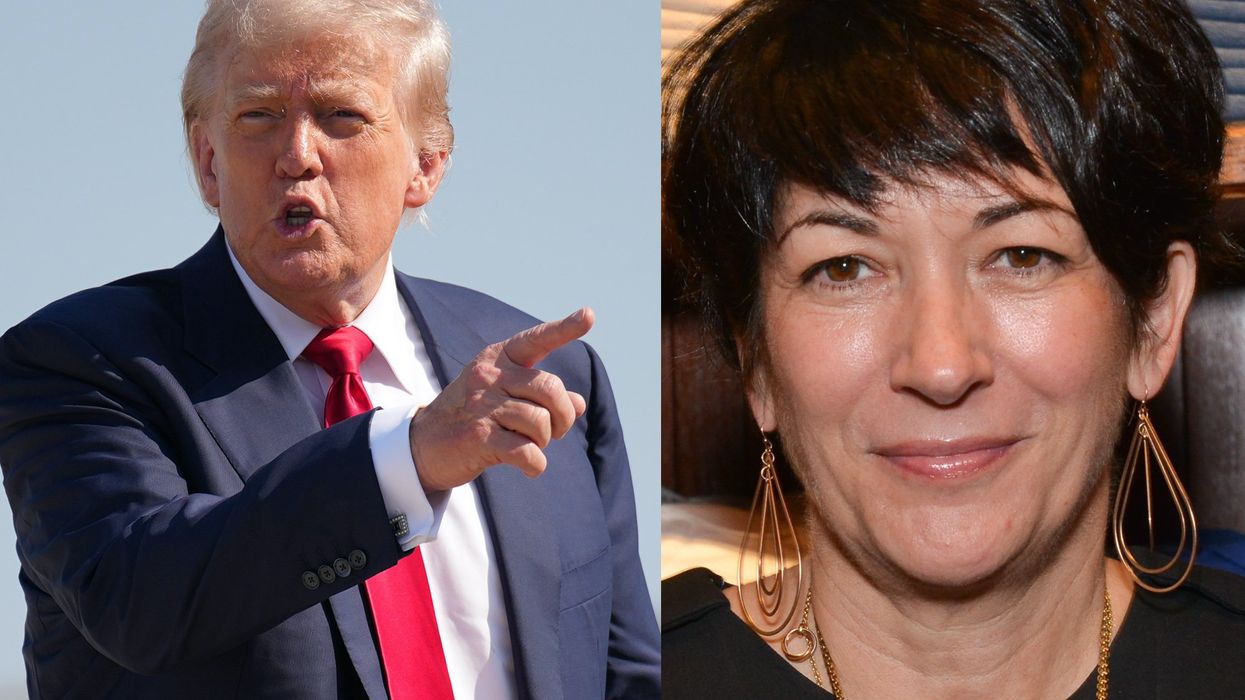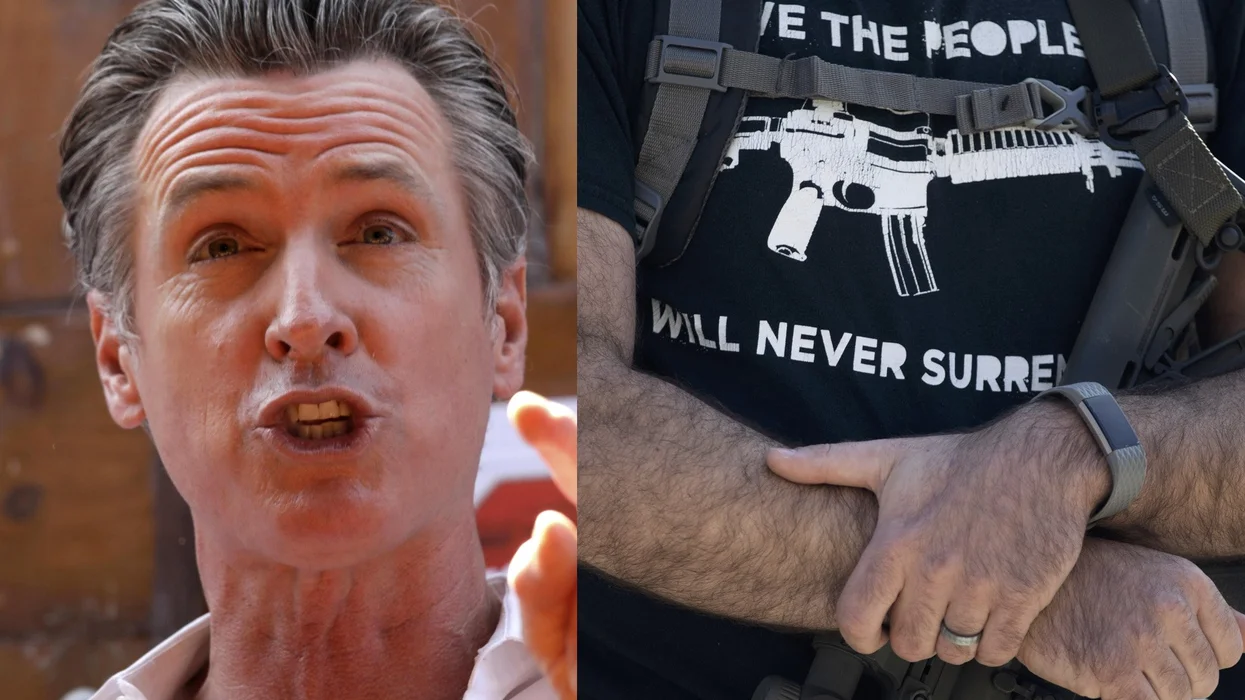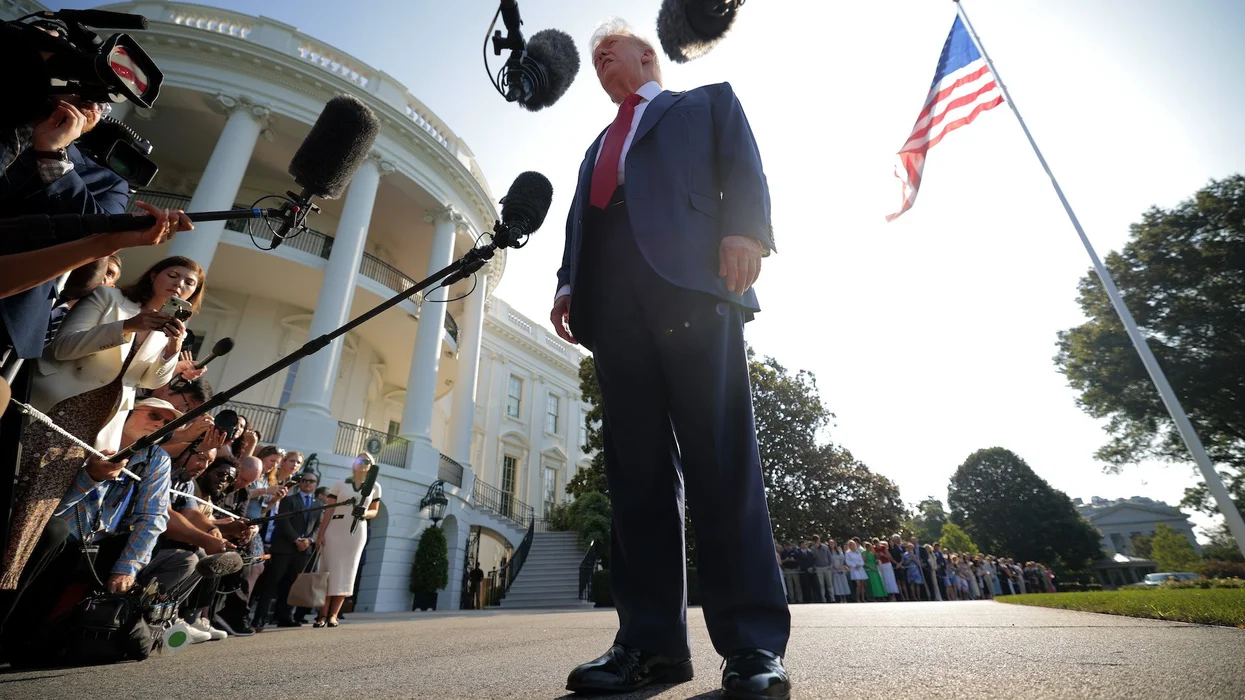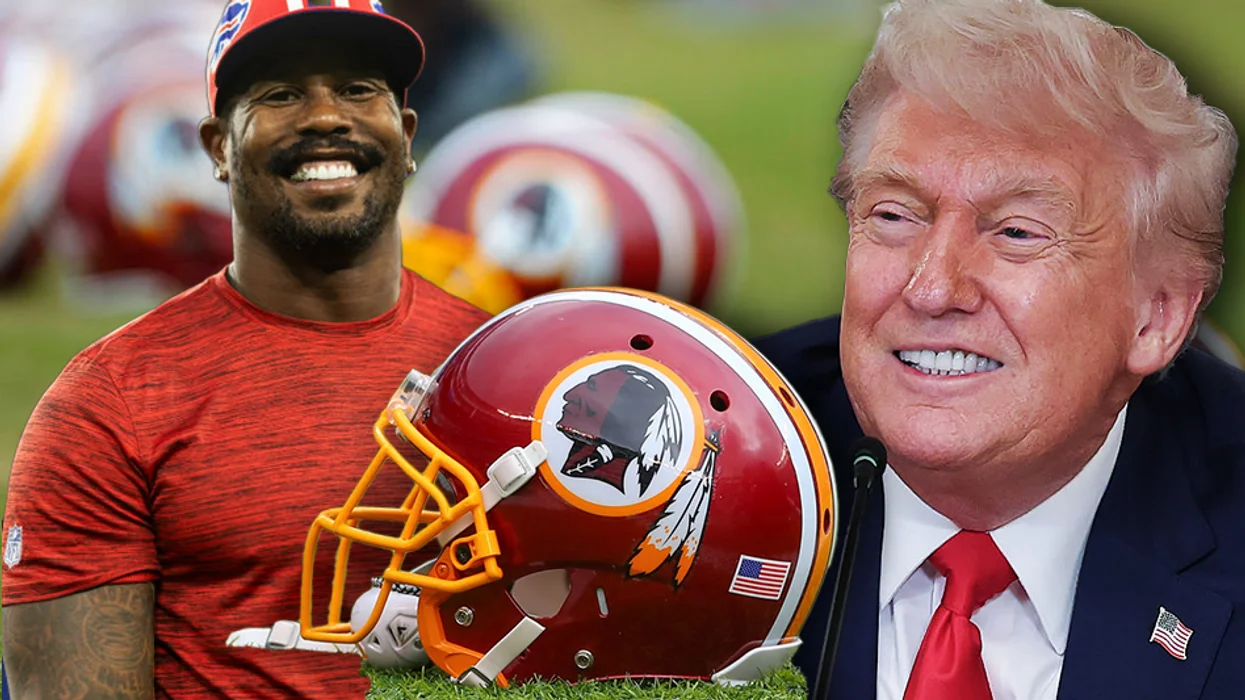Story by Associated Press; curated by Jason Howerton
–
NEW YORK (AP) -- A federal appeals court on Thursday reinstated Saudi Arabia as a defendant in lawsuits claiming it provided support to al-Qaeda before the Sept. 11, 2001, terror attacks.
A three-judge panel of the 2nd U.S. Circuit Court of Appeals said restoring Saudi Arabia was necessary to be consistent with a ruling by a different 2nd Circuit panel that allowed another lawsuit to go forward in which a man sued Afghanistan and other defendants for the death of his wife in the Sept. 11 attacks.
"I'm ecstatic," William Doyle, the father of Joseph Doyle, 25, a Cantor-Fitzgerald employee who was killed in the North Tower of the World Trade Center, told ABC News. "For 12 years we've been fighting to expose the people who financed those bastards."
 In this Sept. 12, 2001 file photo, firefighters pour water on the still smoldering World Trade Center 7, left, in New York. Negligence was not the cause of the collapse of a third World Trade Center tower several hours after the twin towers were destroyed in the Sept. 11 terrorist attacks, a federal appeals court said Wednesday, absolving a developer and others of responsibility in the destruction of the 47-story building. (AP Photo/Nick Fanelli, File)
In this Sept. 12, 2001 file photo, firefighters pour water on the still smoldering World Trade Center 7, left, in New York. Negligence was not the cause of the collapse of a third World Trade Center tower several hours after the twin towers were destroyed in the Sept. 11 terrorist attacks, a federal appeals court said Wednesday, absolving a developer and others of responsibility in the destruction of the 47-story building. (AP Photo/Nick Fanelli, File)
The 2nd Circuit and a lower court had previously ruled that Saudi Arabia was protected by sovereign immunity, which generally means that foreign countries can't be sued in American courts. But in its latest ruling, the 2nd Circuit said a legal exception existed that would allow Saudi Arabia to remain as a defendant, just as Afghanistan remained in the similar case.
"The procedural history of this case produced inconsistent results between two sets of plaintiffs suing for damages based on the same incident," the appeals court said in a decision written by Circuit Judge Chester J. Straub. "We conclude that the circumstances here are `extraordinary' and warrant relief."
An attorney representing Saudi Arabia said the panel's decision is "contrary to settled law" and will only result in a lower court throwing the case out for other reasons. The attorney cited the dismissal of identical allegations against other Saudi government agencies that the 2nd Circuit itself already upheld.
"It is extremely unfortunate and burdensome that a sovereign nation and ally of the United States will continue to have to litigate this matter more than 10 years after it was filed," attorney Michael Kellogg said.
The lawsuits were brought in 2002 and afterward against countries, companies and organizations accused of aiding al-Qaeda and other terrorist groups. They sought billions of dollars in damages.
In the lawsuits, lawyers argued that the Sept. 11 attacks, which destroyed the World Trade Center and killed thousands of people, had been planned for years by a network of Islamic militants with the assistance of banks, governments and individuals.
Lawyers in the Sept. 11 cases have frequently cited the report by the Sept. 11 Commission. Lawyers for the plaintiffs have said the commission supported their argument that Saudi Arabia had long been considered the primary source of al-Qaeda funding, while lawyers for Saudi Arabia have argued that the commission found no evidence that the Saudi government as an institution or senior Saudi officials individually funded al-Qaeda.
Kellogg said the panel's decision has nothing to do with the merits of the plaintiffs' claims.
"The government of Saudi Arabia has long asserted, and the United States 9/11 Commission has found, that those allegations are categorically false," Kellogg said.
A lawyer for the plaintiffs called Thursday's ruling "an eminently correct decision which brings these defendants back into the case and may finally give the 9/11 victims their day in court."
"We are confident in our ability to prove our case against them," attorney Stephen Cozen said in an email.
–
[related]

 In this Sept. 12, 2001 file photo, firefighters pour water on the still smoldering World Trade Center 7, left, in New York. Negligence was not the cause of the collapse of a third World Trade Center tower several hours after the twin towers were destroyed in the Sept. 11 terrorist attacks, a federal appeals court said Wednesday, absolving a developer and others of responsibility in the destruction of the 47-story building. (AP Photo/Nick Fanelli, File)
In this Sept. 12, 2001 file photo, firefighters pour water on the still smoldering World Trade Center 7, left, in New York. Negligence was not the cause of the collapse of a third World Trade Center tower several hours after the twin towers were destroyed in the Sept. 11 terrorist attacks, a federal appeals court said Wednesday, absolving a developer and others of responsibility in the destruction of the 47-story building. (AP Photo/Nick Fanelli, File)





